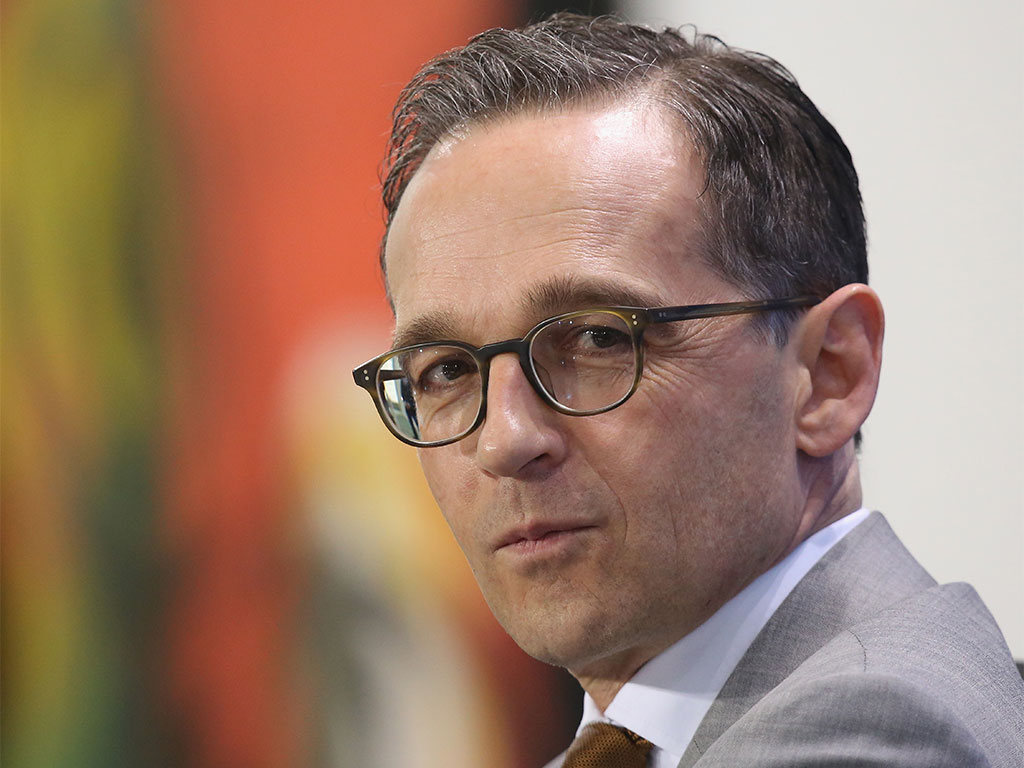Germany takes aim at fake news and illegal content with €50m fines
As Germans head to the polls later this year, the government is cracking down on influential fake news

German Justice Minister Heiko Maas has set his sights on ending fake news before the country's elections later this year
Angela Merkel’s cabinet has approved a landmark bill intended to curb the spread of fake news and hate speech on social media. Under the new legislation, social media sites such as Facebook and Twitter could be hit with fines of up to €50m if they fail to remove misleading fake stories and other illegal content.
With the draft bill having been approved by the German cabinet, it is likely that the legislation will pass before the nation’s federal election in September. Given the impact of pervasive fake news on last year’s US elections, there is a growing concern among the German political establishment that false reports could similarly influence public opinion as Germans head to the polls.
Facebook boasts around 29 million users in Germany, where it already faces stringent rules on monitoring illegal content. Prison sentences are currently enforced for Holocaust denial and inciting hatred against minorities, and the proposed bill will further strengthen the nation’s existing hate speech laws.
Under the legislation, social media sites could be hit with fines of up to €50m if they fail to remove misleading stories
“Social network providers are responsible when their platforms are misused to propagate hate crimes and fake news”, said German Justice Minister Heiko Maas in an emailed statement. “There should be just as little tolerance for criminal incitement on social networks as on the street. We owe it to the victims of hate crime to manage this better.”
In approving the bill, German officials argued that social networks have been slow to act on both fake news and hate speech. A recent survey by the German Justice Ministry showed that Facebook had rapidly deleted or blocked just 39 percent of criminal content on its site, while Twitter only managed to delete one percent of offensive posts. YouTube, meanwhile, was cited as a strong example of how to tackle online hate, with the video-sharing site removing 90 percent of illegal postings within one week of them being uploaded.
Under the proposed legislation, social networks would have just 24 hours to delete or block criminal content, and seven days to respond to less clear-cut cases of abuse. Failure to respond rapidly would not only see a company fined up to €50m, but would also put individual corporate officials at risk of a separate €5m fine.













